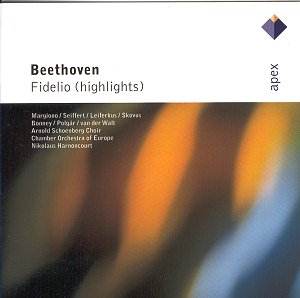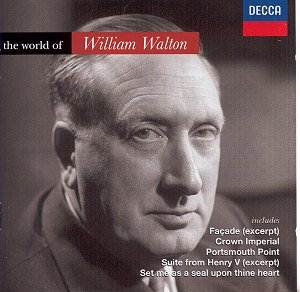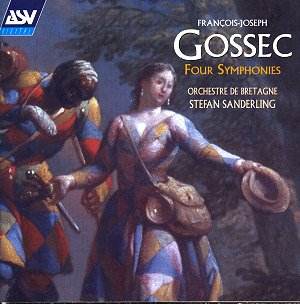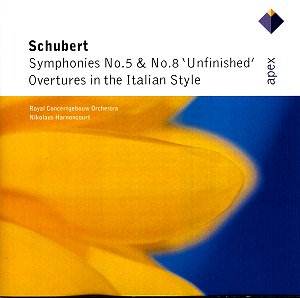 Composer: Ludwig van Beethoven
Composer: Ludwig van Beethoven
Works: Fidelio (highlights)
Performers: Florestan – Peter Seiffert (tenor), Leonore – Charlotte Margiono (soprano), Rocco – László Polgár (bass), Marzelline – Barbara Bonney (soprano), Jaquino – Deon van der Walt (tenor), with Sergei Leiferkus, Reinaldo Macias, Robert Florianschütz, and Boje Skovhus
Recording: Recorded at Stefaniensaal, Graz, June 1994
Label: Warner Classics
Beethoven’s only opera, Fidelio, represents a monumental intersection of personal struggle and political idealism, reflective of the composer’s own tumultuous life and the sociopolitical upheavals of his time. Rooted in a narrative of rescue and liberation, Fidelio also serves as a poignant commentary on the fight against tyranny, paralleling the composer’s own battles with deafness and isolation. This highlights recording, featuring Nikolaus Harnoncourt’s Chamber Orchestra of Europe, offers both a glimpse into the emotional depth of Beethoven’s score and the interpretative choices of the performers.
The orchestral introduction immediately establishes the emotional gravity of the work, although Harnoncourt’s direction is marked by some uneven tempos that momentarily disrupt the flow. Nevertheless, the crispness of the orchestral articulation brings out Beethoven’s intricate counterpoint and harmonic shifts. The overture, while concluding in a somewhat frenetic manner, showcases the orchestra’s precise execution and Harnoncourt’s penchant for clarity, even if it lacks a certain prophetic quality. This is a contrasting choice to other recordings that draw out a more foreboding atmosphere, setting a different interpretative tone.
Barbara Bonney’s portrayal of Marzelline emerges as one of the highlights of this recording. Her aria, “O wär’ ich schon mit dir vereint,” is rendered with a remarkable clarity and a longing that transcends mere technical prowess. She navigates the emotional landscape of her character with a delicate balance of yearning and innocence, providing a rich counterpoint to the more dramatic figures surrounding her. Deon van der Walt’s Jacquino complements her effectively, his gentle timbre and straightforward vocal line embodying the archetypal suitor without excessive embellishment.
László Polgár’s Rocco, with his deep, resonant bass, introduces an intriguing dimension to the character. His recitative is delivered with a gravitas that befits the gaoler’s complex disposition, though his aria, “Hat man nicht auch Gold,” suffers slightly from an overzealous orchestral accompaniment that threatens to overshadow his vocal subtleties. This imbalance, while not pervasive, detracts from the overall expressiveness of his performance. Similarly, Sergei Leiferkus’s portrayal of Pizarro, though marked by an appropriately sharp edge to his timbre, lacks the dramatic weight that one might anticipate from such a pivotal character.
Charlotte Margiono’s Leonore demonstrates formidable vocal prowess, particularly in her high notes and dynamic leaps. However, her interpretation occasionally feels somewhat restrained in emotional expression, a choice that, while aesthetically pleasing, might leave some listeners yearning for a more visceral connection to the character’s plight. Peter Seiffert, as Florestan, showcases a commendable vocal technique, though the placement of his highlights within the aria diminishes the anticipated contrast between despair and hope that is central to Florestan’s narrative arc.
The ensemble work throughout is commendable, with singers blending well and maintaining clarity in their lines. The final moments, when the chorus joins the orchestra, evoke Beethoven’s Choral Symphony, creating a powerful culmination of the work’s themes of freedom and unity. However, the sonic balance occasionally tilts towards the orchestral forces, requiring careful attention to ensure the vocal lines remain prominent.
The recording itself, engineered with clarity and precision, allows for a nuanced appreciation of the instrumental textures and vocal nuances, though some moments reveal a slight imbalance that could benefit from further refinement. Compared to other notable recordings, this version stands out for its interpretative choices, particularly Harnoncourt’s emphasis on crispness and clarity, though it may not fully satisfy those seeking a more dramatic or expressive interpretation.
This highlights recording of Fidelio encapsulates the essence of Beethoven’s ideals—struggle, liberation, and the triumph of the human spirit—while offering a range of interpretations that provoke thought and analysis. The performances are solid, marked by moments of brilliance, yet occasionally hindered by interpretative choices that might leave some elements less impactful than they could be. The overall experience, however, is one that resonates with the complexities and depths of Beethoven’s masterful score, making it a worthwhile addition to any collection of this pivotal work.



